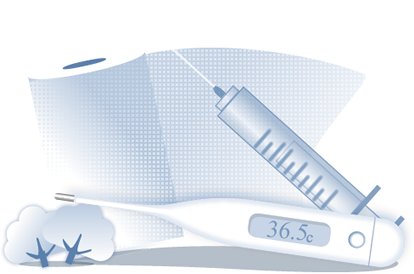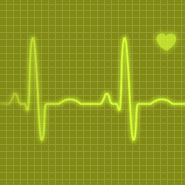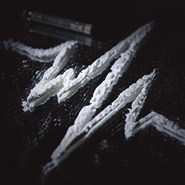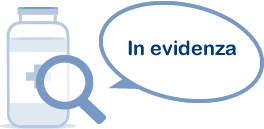
The strange case of cholesterol
Cholesterol is essential for our bodies, but if there is too much in the blood and the liver cannot break it down, it causes atherosclerosis and cardiovascular diseases which, in its most extreme forms, can provoke heart attacks and strokes. All in all, cholesterol is one of the most controversial substances circulating in our bodies
Cholesterol: a vital ingredient for the cells
Cholesterol is a lipid, or fat. It is white in colour, with a waxy consistency, and is insoluble in water. But it's also essential to the body, because it contains energy that helps the cell membranes to develop.
Lipoproteins carry cholesterol around in the blood
Cholesterol is produced independently in the liver and transported in the blood by a series of molecules called lipoproteins. They carry the cholesterol, but they don't all travel in the same direction. These molecules come in different types, but 2 are more important in preventing cardiovascular disease. Low-density lipoproteins, or LDLs, transport cholesterol synthesized by the liver to the cells of the body. HDLs, on the other hand, are a type of lipoprotein that removes excess cholesterol from the various tissues and carries it back to the liver, which then eliminates it. This is a real “inverse transport” process. The liver produces up to 2 grams of cholesterol a day. Only a small part, between 0.1 and 0.5 grams, comes from diet.
Bad cholesterol: hypertension, heart attack, and stroke
LDLs are commonly known as bad cholesterol because of their effect on the arteries. Excess LDLs are deposited on the artery walls, making them thicker and more rigid. Over time, this process leads to the creation of plaques, or atheromas, which obstruct and ultimately block the flow of blood completely. This is why bad cholesterol, which affects the blood circulation, is associated with a risk of cardiovascular events. In other cases, the cholesterol-rich plaque may break off and cause a clot known as a thrombus. The final arterial damage may result in 3 scenarios: heart attack, if the blood vessels supplying the heart are obstructed; stroke, affecting the vessels in the brain; and intermittent claudication, difficulty in walking caused by a clot in the leg.
Diabetes, an enemy for blood vessels
The accumulation of excess bad cholesterol transported by LDLs is known in medical terminology as hypercholesterolaemia. This may cause a serious degenerative disease, atherosclerosis. Among the risk factors for this disorder, which directly affects brain functions such as memory, are hypertension and diabetes, which is caused by excess blood glucose. Diabetes damages the blood vessels and facilitates the buildup of cholesterol.










